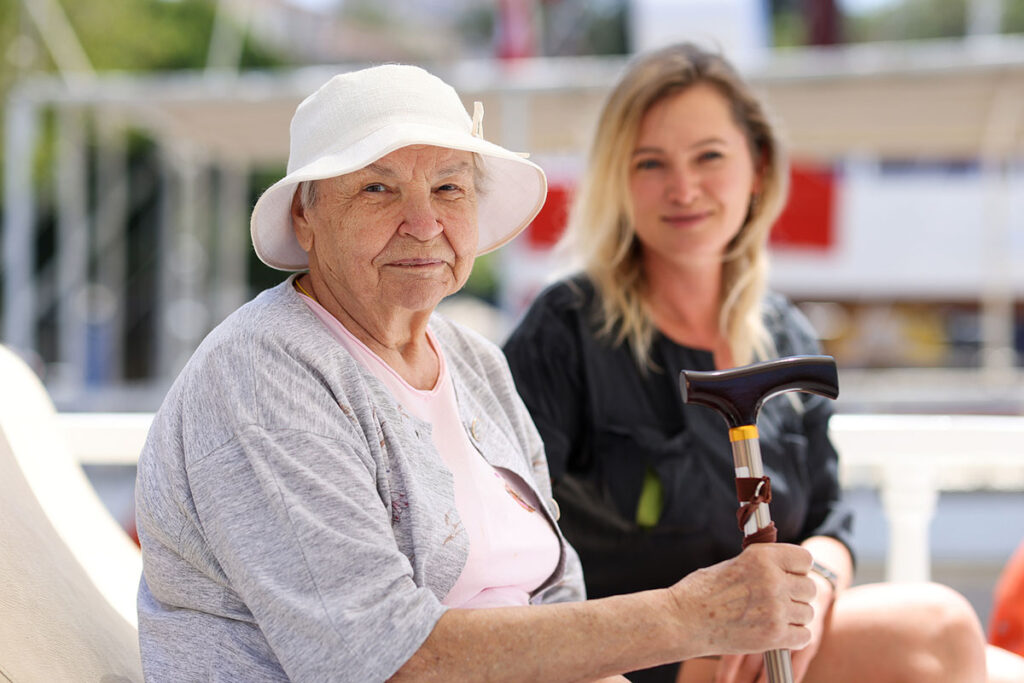Minneapolis and Woodbury, MN Estate Planning Lawyers
Minneapolis, MN Guardianship Planning Law Firm
Welcome to Stone Arch Law Office, PLLC - Your Estate Planning Attorneys in Minneapolis and Woodbury, Minnesota
Helping You Navigate the Guardianship or Conservatorship Process
If you’ve recently become the caregiver or legal guardian for an incapacitated person or their estate, there are likely going to be two options: guardianship or conservatorship. It’s important to know the difference between these two models of legal protection and to figure out which one is best for your family. An established guardianship and conservatorship attorney can analyze your situation and help you decide which is the best option.
What is a Conservatorship?
A conservatorship is a court process that gives legal rights and protections to a person who makes financial decisions for another person, usually a minor child or an incapacitated adult.
A conservatorship can grant someone the right to handle bank accounts, investment accounts, insurance matters, and to generally manage the financial affairs on the incapacitated person. The court will ultimately decide, based on an analysis of the situation, which rights will be granted.
Most often, a conservator is used when an adult becomes incapacitated, mentally or physically, and is unable to care for themselves or make their own financial decisions. If a person can no longer take care of their own financial affairs, a conservator may an option to keep them safe and well cared for. A conservatorship can be granted on a temporary basis through a series of proceedings and can be ended if the person regains their capacity to manage their own affairs.
To figure out if naming a conservator is right for your situation, obtain the assistance of a guardianship and conservatorship attorney today.
What is a Guardianship?
In contrast to conservatorship, guardianship allows for a person to be appointed to make decisions about the personal care of an individual. This may involve care for a minor child, or for an adult who is incapacitated and unable to make their own decisions about their health care, living arrangements, or personal care. If you are not the parent of a child but are in a situation where you need to gain the legal right to take care of a minor, you need to seek guardianship.
A guardianship can give the caregiving adult the ability and right to manage the person’s personal affairs, financial matters, medical care, or all of the above, depending upon the situation.
Guardianships are not to be taken lightly … get the help of a guardianship and conservatorship attorney to assist you in navigating this legal process.
Are There Different Types of Guardianships and Conservatorships?
A limited guardianship or conservatorship is usually for someone who is developmentally disabled and needs assistance. This option gives the guardian conservator certain rights to care for the person, especially when it comes to making a health care directive or in the case of financial matters, like annual accountings. Those rights are limited so that the disabled person can live as independently as possible without putting their estate or the assets within it at risk.
A general conservatorship is for those who are unable to care for themselves, including those without the ability to live independently, whether because they are a minor, because of an injury, advanced age, or any other reason they may not be able to care for themselves or their property.
Do not wait. Get Your Will Drafted Today by Booking A Call:
Do I Really Need a Guardianship and Conservatorship Lawyer?
To figure out whether conservatorship or guardianship is right for you, you’ll need to look at the details of your situation. Ideally, you’re doing this with the help of a competent guardianship and conservatorship law firm, which can make the process much easier and less time-consuming. An experienced attorney will quickly gain a clear understanding of your circumstances and will help to ensure that your loved ones are protected and well taken care of. Get started today by booking a call with us.
How To Get Started

Book An Initial Call

Schedule Your Initial Free Strategy Session


